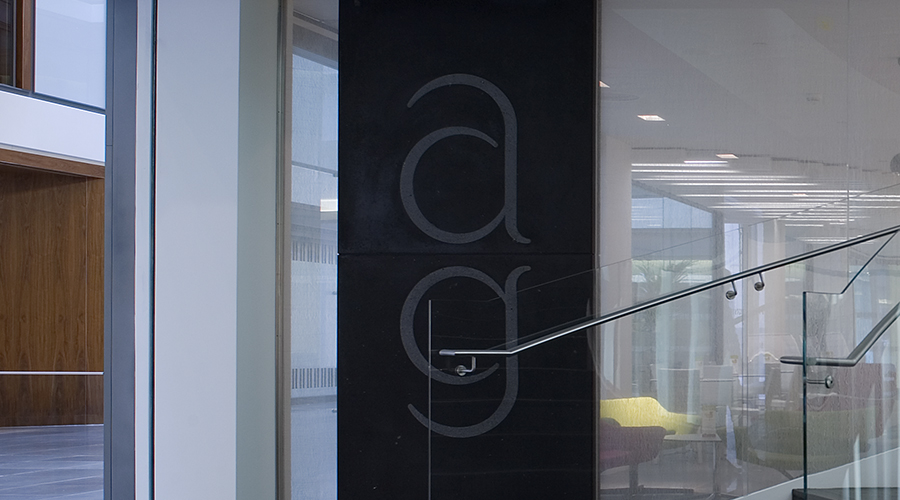Manufacturers and industry bodies in the food and drink sector have raised concerns that the sugar levy will impose an undue burden on an industry that is already fragile following the impact of the Brexit vote. Could this be enough to kill off the sugar levy?
In his Budget in March, George Osborne announced plans to introduce a levy on soft drinks which would come into effect in April 2018. Since then the UK has voted to leave the EU, prompting uncertainty across the economy, with the food and drink sector being significantly impacted.
Press reports over the summer have highlighted efforts by soft drinks manufacturers and the Food and Drink Federation to lobby the government to halt, or at least delay, the sugar levy, citing Brexit and the resulting economic climate as reasons to avoid imposing additional burdens on the industry.
Treasury consultation
When plans for the sugar levy were announced in March, the government stated its intentions to consult on the details over summer 2016. The results would form the basis of the legislation to implement the levy through the Finance Bill 2017, although the levy would not come into effect until April 2018.
Earlier in the summer, there was speculation that the government's consultation was delayed and that this could be a sign that the government was stepping back or considering making changes to the health agenda introduced by David Cameron.
However, the consultation has since been published (on 18 August 2016). Respondents have until 13 October 2016 to comment on, amongst other things, the definitions of products within the scope of the levy, appropriate treatment of certain products, the appropriate taxing point and liability to pay the levy, and how to account for imports and exports.
Effectiveness of a sugar levy post-Brexit
The government's consultation makes clear that the levy will apply to UK manufacturers and importers of added sugar soft drinks brought into the UK from any country, including the EU.
However, there are concerns that the sugar levy could create a "black market" for imports of soft drinks, much of which could come from EU countries given their geographic proximity. This would risk undermining the effectiveness of the sugar levy.
The sugar levy, as part of the Budget, was conceived in a world where the UK is part of the EU. Whilst the basis of the UK's future trading relationship with the rest of the EU is still to be determined, it is clear that wider EU industry initiatives that currently apply to the UK will have to be re-thought. This includes the Common Agricultural Policy (CAP), of which sugar is a part.
Given the wide ranging, but as yet undefined, changes that will arise as the UK leaves the EU, members of the soft drinks industry may well seek to use the Treasury consultation to emphasise the risks of over-burdening the industry. Indeed, industry opposition shows no signs of abating with soft drinks manufacturers, pubs, convenience stores and off licences launching a joint campaign to fight the levy.
Whilst health campaigners can be expected to fight for the introduction of the sugar levy, it will be interesting to see whether the government's attitude to this and other health policies has cooled in the wake of the Brexit vote.

Rona Bar-Isaac
Partner, Head of Competition, Co-Head of Retail & Consumer Sector
London, UK


